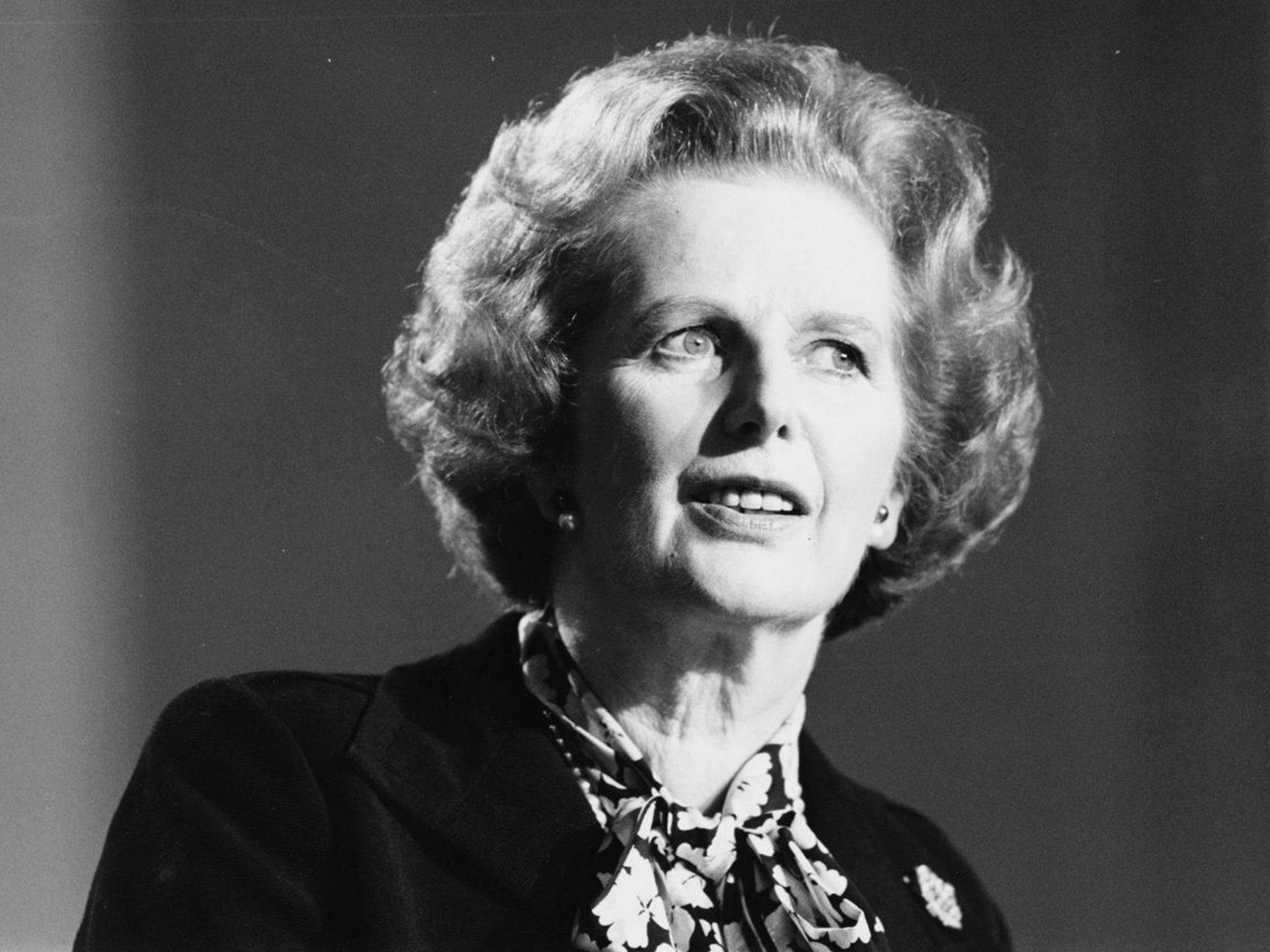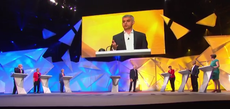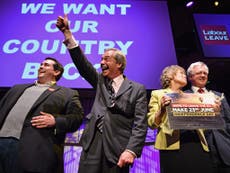No wonder we’re on the brink of Brexit – our politicians have never made the case for Europe
John Major tried to put Britain ‘at the heart of Europe’ but ended up declaring ‘game, set and match’


In many ways, it is no surprise that we stand on the brink of Brexit. No major British politician has made a positive case for EU membership since Tony Blair’s short-lived attempt in 1997 to end what he called our “half in and half out” relationship with Europe.
If we vote to leave, David Cameron will be blamed by politicians who wanted to remain for his unnecessary and reckless gamble of an In/Out referendum. But it would not be all his fault. I have watched our prime ministers perform at EU summits since 1987 when Margaret Thatcher in power. “Perform” is the right word, because it was usually a performance aimed at a domestic audience. Of course, other EU leaders played the same game, but most were committed to a vision of European cooperation and solidarity that Britain never was.
After Thatcher’s handbag-wielding won the rebate on Britain’s EU contributions, her successors in Downing Street, egged on by most of our newspapers, felt it necessary to portray the European Union as a never-ending battle between us and them. Our prime ministers played a zero-sum game, instead of explaining the inevitable need for compromise in a club that expanded to 28 members.
They trumpeted our gains as something won from a hostile enemy, and rarely explained the positive benefits of EU membership.
John Major tried to put Britain “at the heart of Europe”, but ended up declaring “game, set and match”. His pro-EU stance sparked the rebellion among Tory Eurosceptics, who gradually raised their sights from reform to withdrawal – a campaign that could culminate in a remarkable victory tomorrow.
Blair sold the UK to the rest of the EU, his high-water mark being a defence cooperation deal with France in 1998. But during his “walking on water” phase, he missed the greatest opportunity to sell the EU to the British public. Although being pro-European was a central part of New Labour’s modernising project, Blair preferred appeasing Euroscepticism to tackling it head-on.
Blair saw joining the euro – the EU’s central project – as Britain’s “destiny”, but the decision was sucked into the power struggle between him and Gordon Brown, who rightly blocked early entry. Blair’s pro-European dream ended in failure.
By the time Brown succeeded Blair, the new Prime Minister’s relationships with other EU leaders were sour. As Chancellor, he had angered fellow finance ministers by picking an item on their agenda on which there was pre-cooked agreement, “demanding” such an outcome in media briefings before the meeting and declaring victory afterwards. Bemusement among his counterparts turned to anger.
Cameron, scarred by Major’s struggle to lead an ungovernable party, told the Tories to stop “banging on about Europe”. But he shied away from a showdown with his Eurosceptics, preferring to pander to them – a big mistake, because any concessions were gobbled up and quickly followed by more demands. Although there was no great clamour from the public, the rebellion within and the external threat from Ukip persuaded Cameron to offer an in/out referendum in 2013. The die was cast.
To win the Tory leadership, Cameron had pledged to take Tory MEPs out of the mainstream centre-right EPP group, whose figurehead is Angela Merkel, the most powerful figure on the EU stage.
The decision returned to haunt him. As Prime Minister, Cameron found himself with only one ally when he “vetoed” an EU fiscal pact in 2011. The rest of the EU went ahead with it anyway.
At the Brussels summit, I asked Cameron how it served the national interest for us to be so isolated. He replied that it was about “doing the right thing”. It was really about getting another headline in the Eurosceptic papers.
He made the same error in a doomed attempt to stop Jean-Claude Juncker becoming European Commission president. Realising but not admitting his earlier mistakes, Cameron adopted a much more conciliatory approach towards other EU leaders in a frantic renegotiation of Britain’s membership terms. But he had so little credit in the bank that he won very few concessions.
Unable to fight the referendum on such a wafer thin deal, he had to rely on the economic risk of leaving the EU.
Nor could Cameron run a positive campaign about the EU’s benefits. A two-month referendum campaign was never going to turn around 30 years of Brussels-bashing by many of our politicians and newspapers, often based on myths and the spectre of a phantom super-state.
Our self-imposed, semi-detached status means, I believe, that we would get a rotten deal if we leave. You could hardly blame our EU “partners” because we have only ever been half in. They want us to stay but would probably want a quickie divorce if we decide to walk out.
The attitude of other EU leaders would inevitably be shaped by what is best for them. Our game of us versus them would reach its apotheosis, and we might not even be allowed in the room when they discuss the divorce settlement.
The EU is more likely to punish the UK with bad exit terms in order to discourage other referendums than it is to keep happy a rather annoying former partner. As the Greek euro crisis showed, we should never underestimate the determination to keep the EU project alive.
The result: Brexit would mean a worse deal on trade and cooperation than we have now. Worth thinking about when you vote.



Join our commenting forum
Join thought-provoking conversations, follow other Independent readers and see their replies